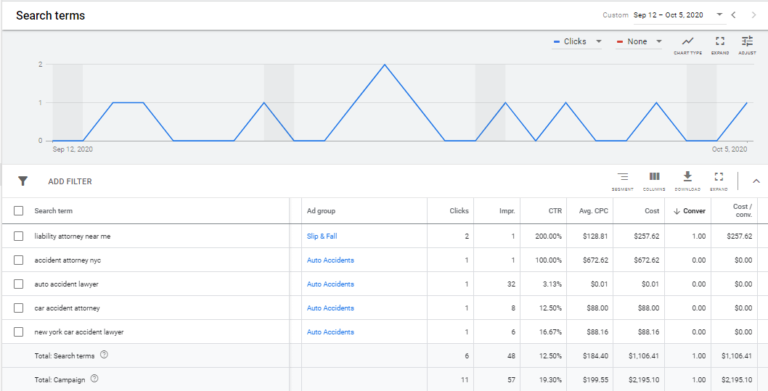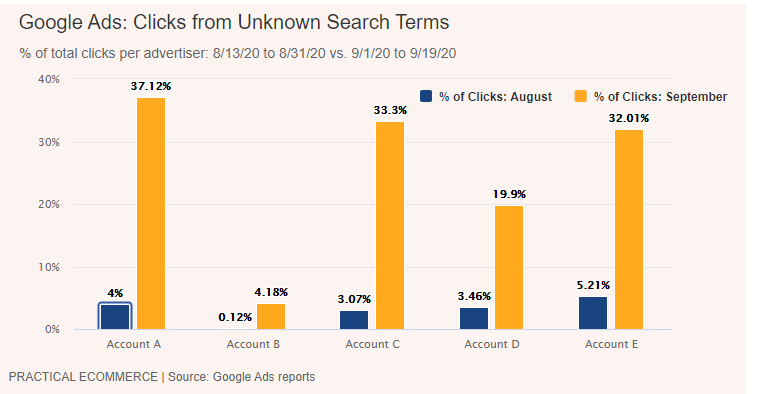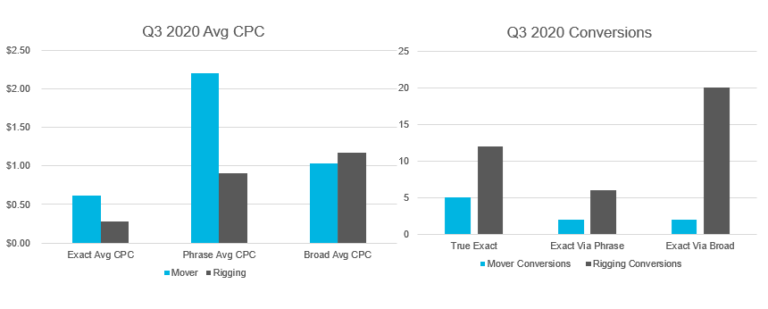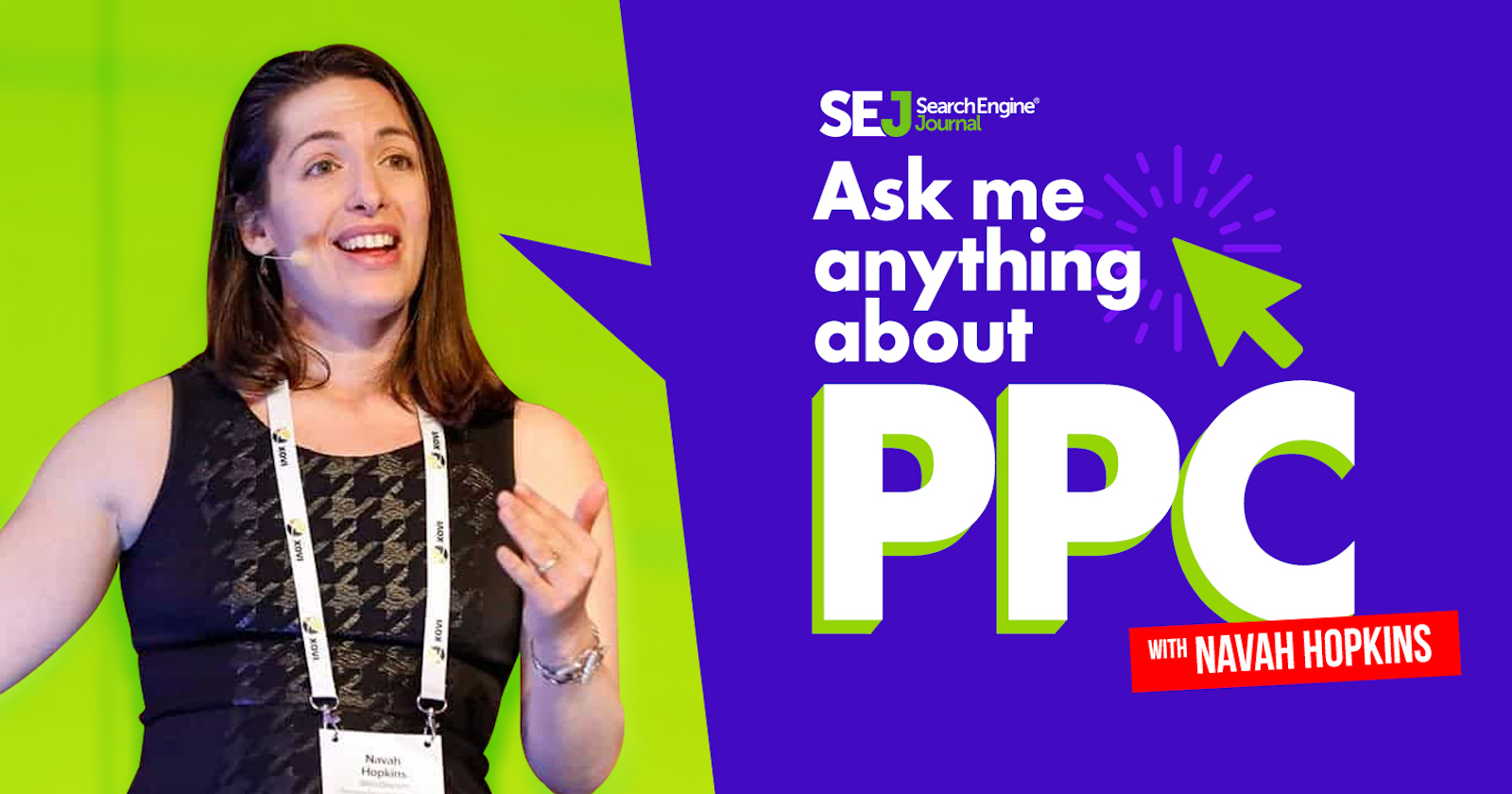No Google Ads change incurred more ire from the collective PPC community than the depreciation of the Search Terms Report.
We all went through the steps of grief:
- Denial: “They couldn’t really do this, could they?”
- Anger: “How dare they!?!?!?!?”
- Bargaining: “What if I take all my ad spend and put it somewhere else until you give me back my data?”
- Depression: “There’s no hope with a giant monopoly like Google…”
- Acceptance: “We’ve weathered other changes, we’ll weather this one!”
In this installment of Ask Me Anything About PPC, we’re going to dive into what the change to search terms means and how we as ad account managers can continue to provide our clients with rocking results.
What Happened to the Search Terms Report?
On September 3, the news broke:
“Starting September 2020, the search terms report only includes terms that a significant number of users searched for, even if a term received a click. You may now see fewer terms in your report.”
The initial announcement left us fairly shell-shocked.
We would no longer be guaranteed access to all our search terms.
This means we would:
- Be able to see data for keywords we’re choosing to invest in.
- Not be able to see the full picture of how that keyword matched to user queries.
- Get two sets of data: visible search term data and full performance data.

Matt Umbro found that the average search term report missed 30% of search terms.
 Keyword match-types have not changed off of this news, which means the keywords you’re investing in are still capable of bringing in the same traffic.
Keyword match-types have not changed off of this news, which means the keywords you’re investing in are still capable of bringing in the same traffic.
You just might not know that it is (or be able to learn more impactful ways of searching off of existing keywords).
What Does This Mean For Your Campaigns?
The hardest-hit campaign types are data acquisition campaigns – think:
- Dynamic search ads.
- Broad match SKAGs (single keyword ad groups).
- Broad themed campaigns.
If you can’t get data on what search terms are worth investing in, the value of aggressive data acquisition, in the beginning, might not win out against costs.
Dynamic Search Ad campaigns can still hold value for brands with a lot of landing pages/constantly changing inventory.
However, I would only include them in an account where there’s buy-in for “wasted spend” in the name of volume.
Broad match keywords could still provide value, however, you won’t be able to treat them as true data acquisition sources anymore.
Instead, they’ll be heroes in low search volume accounts.

Broad themed campaigns (using “head terms”) have been losing viability for a while.
It’s not economical to invest most of your PPC budget in general ideas (especially since auction prices have been driven up by the increase in smart campaigns).
Ultimately – you will need to evaluate all your current campaigns and ensure they still represent enough value to you.
Is the campaign’s value contingent on your ability to evaluate search terms?
If so, it will probably need to be paused/transitioned into a more focused initiative.
How Can We Optimize Without All The Data?
It is a terrifying prospect to not know where thousands of dollars go in paid search.
Thankfully there are ways to get some transparency back.
A big one is using UTM parameters ({lpurl}?matchtype={matchtype}&device={device}&keyword={keyword}) to understand how your keyword was matched to your keywords.
While we can’t have perfect transparency, we can at least see how keywords were matched in the landing page report in Google Ads and Analytics.
Call tracking can help you gain powerful insight into query quality.
If you see a lot of engagement, but not a lot of converting prospects, you can use the ideas mentioned in the calls to create negatives or adapt creatives.
Finally, using tools like Keywords Everywhere or SEMrush, as well as human SERP analysis, can help you uncover:
- What kinds of queries result in placements you’re excited about (and can target with long-tail modified broad).
- Which ones might merit some proactive negatives.
Takeaway
Google will keep being Google – it’s on us to be clever, leveraging human-governed data sources.
Have a question about PPC? Submit via this form or tweet me @navahf with the #AskPPC hashtag. See you next month!
More Resources:
- When Ad Platforms Control the Auction, Return, Data… & Now the Cookie
- 5 Google Analytics Reports Every PPC Marketer Needs to Know About
- PPC 101: A Complete Guide to PPC Marketing Basics
Image Credits
Featured Image: Paulo Bobita
All screenshots taken by author, October 2020





